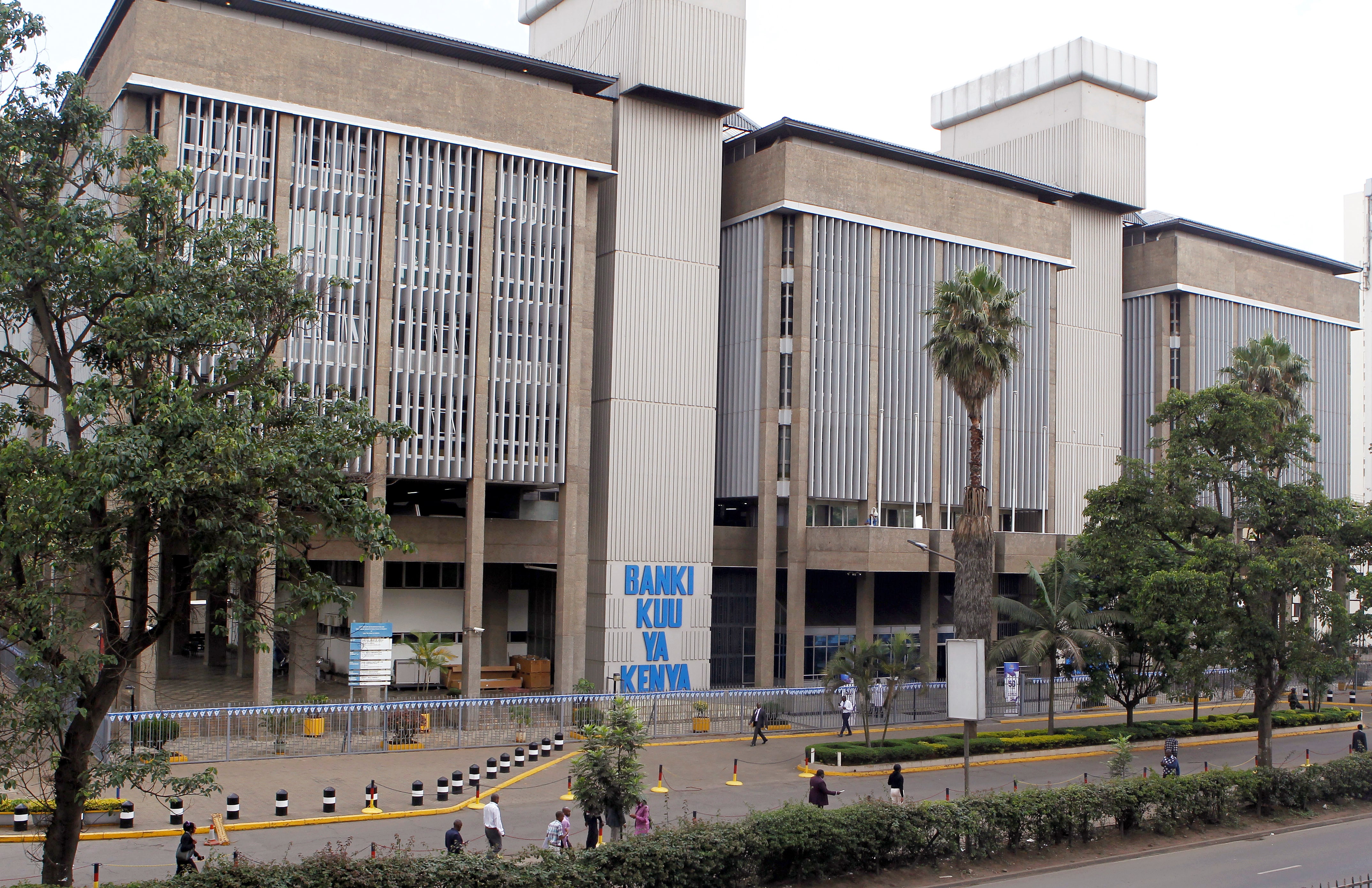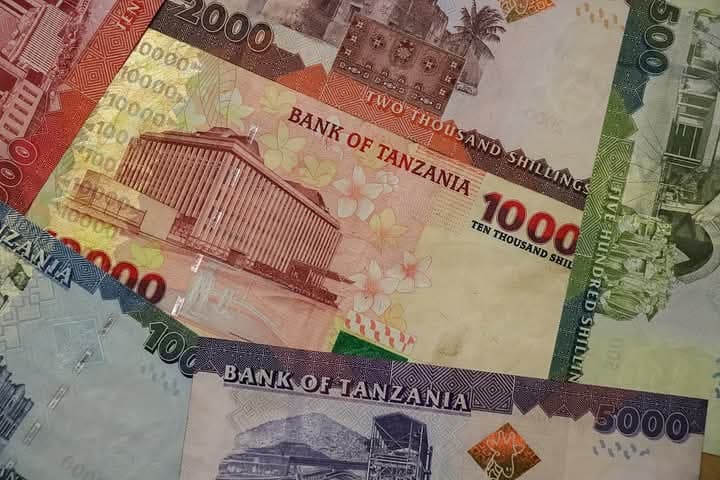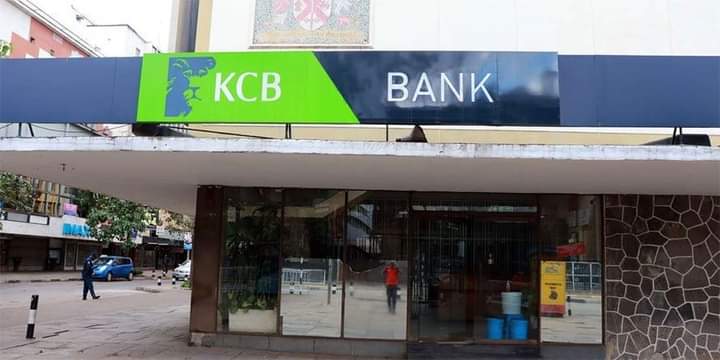The Central Bank of Kenya (CBK) monetary policy committee (mpc) has lowered the Central Bank Rate (CBR) again, a reprieve for Kenyans who will be able to enjoy cheaper loans.
The MPC on Tuesday, April 8, met and reviewed the outcomes of its previous decisions and measures implemented to anchor inflationary expectations and maintain exchange rate stability.
In a press release, the Central Bank announced that the committee lowered the CBR by 75 basis points to 10.00 percent from 10.75 percent, the lowest the benchmark has been since May 2023.
According to CBK, central banks in the major economies have continued to lower their interest rates, but at different paces depending on inflation and growth expectations.
Also, average lending rates have been declining gradually since December 2024, but private sector credit growth remains subdued.
“The Committee concluded that there was scope for a further easing of the monetary policy stance to stimulate lending by banks to the private sector and support economic activity, while ensuring exchange rate stability,” read part of the press release.
“The MPC will closely monitor the impact of the policy measures as well as developments in the global and domestic economy and stands ready to take further action as necessary in line with its mandate. “
At the same time, CBK said that the average commercial banks’ lending rates declined to 15.8 percent in March 2025 from 16.4 percent in February and 17.2 percent in November 2024.
The MPC further approved the narrowing of the width of the interest rate corridor around the CBR from the current 150 basis points to ±75 basis points to enhance the effectiveness of the monetary policy implementation framework.
“This will enhance the stability of the interbank rate and align the rate closer to the Central Bank Rate (CBR). In line with this review, the Committee also approved the adjustment of the applicable interest rate on the Discount Window from the current 300 basis points above CBR to 75 basis points, which will be the upper bound of the interest rate corridor,” the press release adds.
Further, the committee noted the ongoing implementation of the FY2024/25 Supplementary Budget I, and the proposed Supplementary Budget II, which is expected to lower the fiscal deficit to 5.1 percent of GDP from 5.3 percent of GDP in FY2023/24.
The fiscal consolidation in the medium term should reduce debt vulnerabilities while moving the present-value-of-debt to GDP ratio towards the target anchor of 55 percent, according to CBK.
In other news, Kenya's top nine tier I banks—KCB Group, Equity Group, Co-operative Bank, NCBA Group, Standard Chartered, Absa, Stanbic, I&M Group, and Diamond Trust Bank—will distribute a record Sh85.27 billion in dividends to shareholders.
This is after reporting combined profits of Sh 231.5 Billion, representing a 25.6% increase from the previous year with individual bank profits rising between 10% and 60%.
This dividend bounty, which rose 35% year-over-year, comes as banks capitalized on high interest rates by passing increased costs to borrowers more quickly than returns to savers, whose deposits dropped by Sh389 billion last year—the first loan book contraction in decades as consumers and businesses pulled back from borrowing at 22-year high interest rates.
Standard Chartered leads dividend distribution with Sh17 billion (85% of its Sh20 billion profit), followed by Equity (Sh16 billion), KCB (Sh9.6 billion from its industry-leading Sh60 billion profit, representing only 16% payout ratio), and Absa (Sh9.5 billion).
This exceptional banking sector performance stands in stark contrast to companies in manufacturing, services, investments, energy, and agriculture, which struggled with reduced consumer demand, high credit costs, currency fluctuations, and elevated input costs.
Major beneficiaries of these dividend windfalls include prominent Kenyan business families and executives—the Kenyattas will receive Sh1.2 billion from their 13.2% stake in NCBA Group, the Ndegwa family will collect Sh1.35 billion from their 14.94% NCBA holding, while Equity CEO James Mwangi and Co-operative Bank MD Gideon Miuriuki will personally receive Sh543 million and Sh146 million respectively from their direct ownership stakes.
Looking forward, analysts expect continued profit growth despite recent central bank-mandated lending rate reductions, as banks are cutting deposit rates faster and more aggressively to maintain interest margins while potentially stimulating renewed borrowing demand that could further boost economic activity and banking sector returns in coming months.







